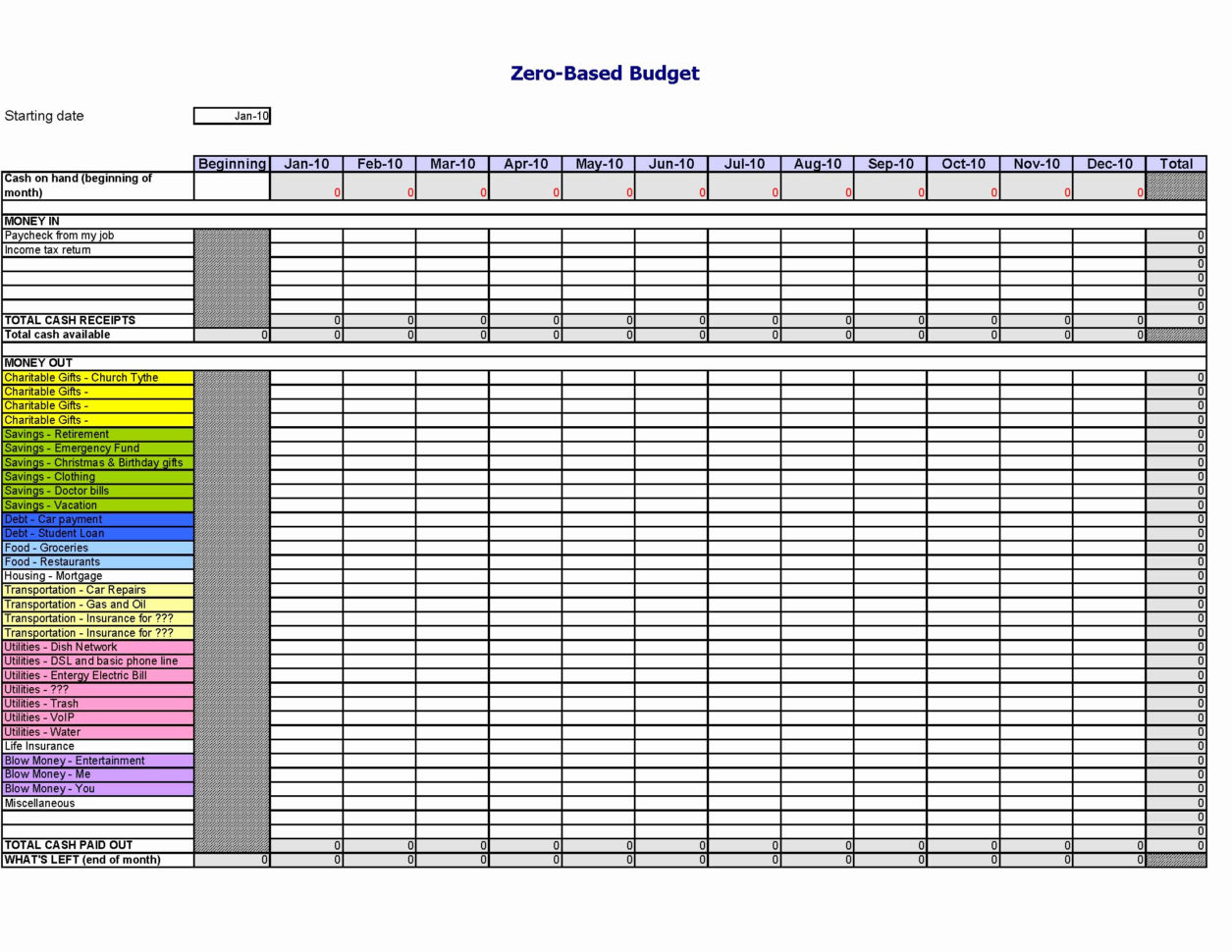
(D)Penalties For Refusal To Comply: If a party served with a demand for a bill of particulars wilfully fails to provide particulars which the court finds ought to have been provided pursuant to this rule, the court may make such final or conditional order with regard to the failure or refusal as is just, including such relief as is set for thin section thirty-one hundred twenty-six of this chapter. (C)Failure To Respond Or To Comply With A Demand: If a party fails to respond to a demand in a timely fashion or fails to comply fully with demand, the party seeking the bill of particulars may move to compel compliance, or, if such failure is wilful, for the imposition of penalties pursuant to subdivision (d) of this rule. (B)Amendment: In any action or proceeding in a court in which a note of issue is required to be filed, a party may amend the bill of particulars once as of course prior to the filing of a note of issue.

#Simple excel sheet daily expenses full
The assertion of an objection to one or more of the items in the demand shall not relieve the party on whom the demand is made from the obligation to respond in full within thirty days of service of the demand to the items of the demand to which no objection has been made. Within thirty days of service of a demand for a bill of particulars, the party on whom the demand is made shall serve a bill of particulars complying with each item of the demand, except any item to which the party objects, in which even the reasons for the objection shall be stated with reasonable particularity. (A)Demand: A demand for a bill of particulars shall be made by serving a written demand stating the items concerning which particulars are desired.

Additionally, your lawyer will have to itemize what your medical expenses are and something called special damages. Once a personal injury lawsuit has started, you or your lawyer is obligated to provide the defense with a detailed itemized listing of exactly what your claims are and what injuries you have suffered. Our team of experts drafts the Bill of Particulars, ensuring all the questions are answered appropriately, keeping the client's best interests in mind. A bill can be submitted either voluntarily or pursuant to a court order for compliance with the demand.

Although usually requested by a defendant, it can be demanded by a plaintiff if the defendant makes a counterclaim for a setoff or asserts a defense against him or her. In civil actions a bill of particulars is a written demand for the specifics of why an action at law was brought. A Bill of Particulars is an answer sheet that contains a detailed, formal, and written statement of charges or claims by a plaintiff or the prosecutor given upon the defendant's formal request to the court for more detailed information.


 0 kommentar(er)
0 kommentar(er)
